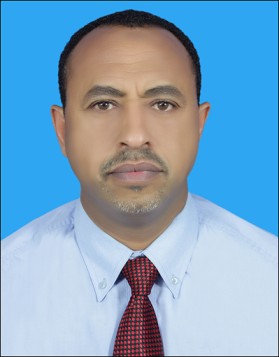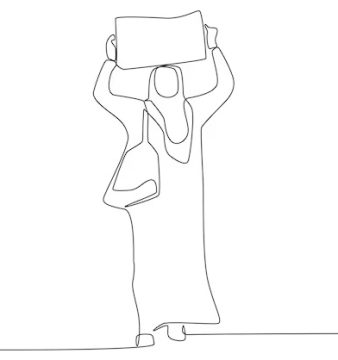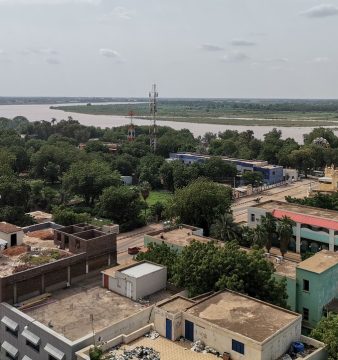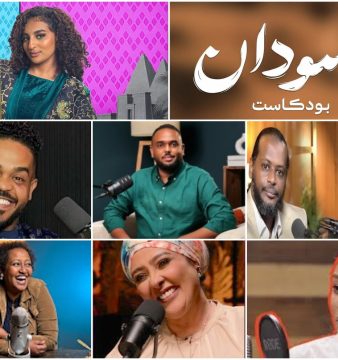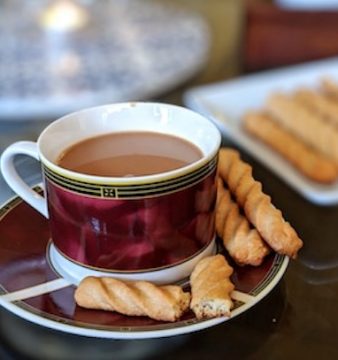How Omani Hospitality Links to Sudanese Hospitality
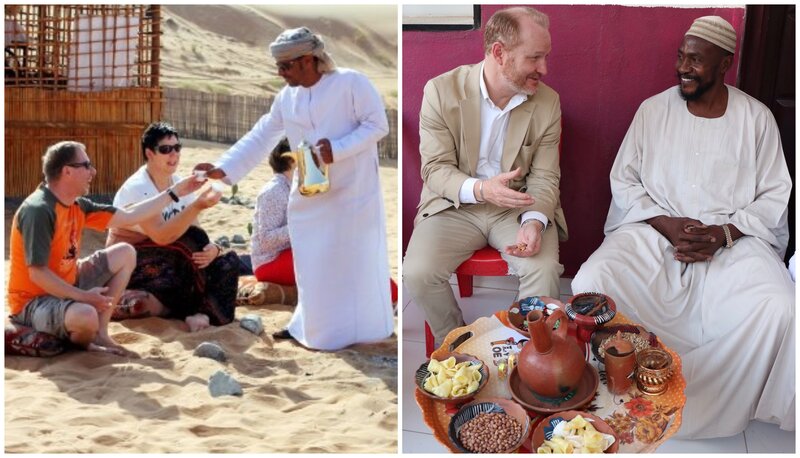
Observing Omani life, in both rural and urban areas, reveals their strong commitment to their heritage and culture, which are supported by the government to integrate tradition into modernised life. I wondered why rural Omanis, working in cities like Muscat, regularly return to their distant villages on weekends. During a social visit for Eid Al Adha to my friend’s Al Kathiri’s home, I unexpectedly found the answer. Comparing it to the Sudanese customs of crowding buses and trains to spend Eid in the countryside, the differences and insights I discovered were quite enlightening.
Perhaps it was a coincidence that there was an elegant presence among us. Some of our Omani colleagues were in the Majlis, a sitting room commonly found in the Gulf region where men gather to discuss local events and issues, exchange news, receive guests, socialise and be entertained. I was also honoured to meet the elderly, who told us about some of the customs that existed and continue to exist this day. However, it is an opportunity that I must take advantage of to explore Omani customs and get answers to questions on how they are related to Sudanese customs. I began to awaken my curiosity and noticed what the hosts were doing and admired the way they were serving guests. I listened to hospitable words they used, and I was surprised by how interesting they were when someone told us the meaning behind them.
I often heard the phrase Hat Alwoomuk from colleagues sometimes, but I thought when someone said it, he or she just wanted to know about my health and conditions. When I had the opportunity to answer to Hat Alwoomuk, I said, ‘I don’t understand its meaning, but I’m fine.’ Al Kathiri honoured me with a detailed clarification and explanation of the word to remove any misunderstanding. He told me that no one has the right to take Alwoom, unless they agree on who takes it, and that accountability often rests on the eldest in the Majlis. Then Al Kathiri continued to explain with great enthusiasm and pride about his culture, saying, ‘In the past, the phrase was used when meeting a guest or a passerby for the first time in order to seek security from him and to make sure that he is fine and not harmed, as well as to ensure his safety and to take caution before embarking on a journey. After confirming and checking the security examination, the visitor is asked to present his belongings, then he is hosted and everything necessary is provided.’
Due to my social background to the Beja region in Sudan, where a person is asked when he comes to any village, with a very common word in Sudan, Dabaywa, which translates to ‘Are you safe?’. After answering this question and reassuring the people of the house, he receives as a guest and offers the necessary generous hospitality. It is never possible to deal with someone who does not give Sikanab, such as news.
What also stimulated my curiosity was the coffee offered and some other advantages. I will not talk much about the ritual of serving coffee and the subsequent dates, Omani sweets, and the like, because anyone who visits any Omani family, whether on Eid or otherwise, will notice these wonderful customs, but the question is about the time of serving coffee.
Just like the people of the East of Sudan, guests will find fault with you if you do not offer coffee first and honour them by slaughtering a camel. Delaying serving coffee to a guest could be a reason for accusing you of discourteousness, which reflects dissatisfaction. So, my question to Al Kathiri was, ‘Why is coffee served first?’ He answered me with ease, ‘Coffee to us means generosity, and nothing else is a duty’.
The visit was quick, but rich in tradition, culture and legacy, and as well as courteousness and love for others. I enjoyed meeting people and hope that Eid would return in security and harmony.
Dr Hassan Adrob is a Sudanese educator based in Oman, teaching English Language and Linguistics at Red Sea University, Sohar University, and recently at (MCBS) Modern College of Business and Science. Holding MA and PhD in Applied Linguistics, he’s a CELTA instructor, participated in IELTS Training Programme, and authored four books with Eliva Press. He is active in conferences and fulfills roles as lecturer and skills leader.

